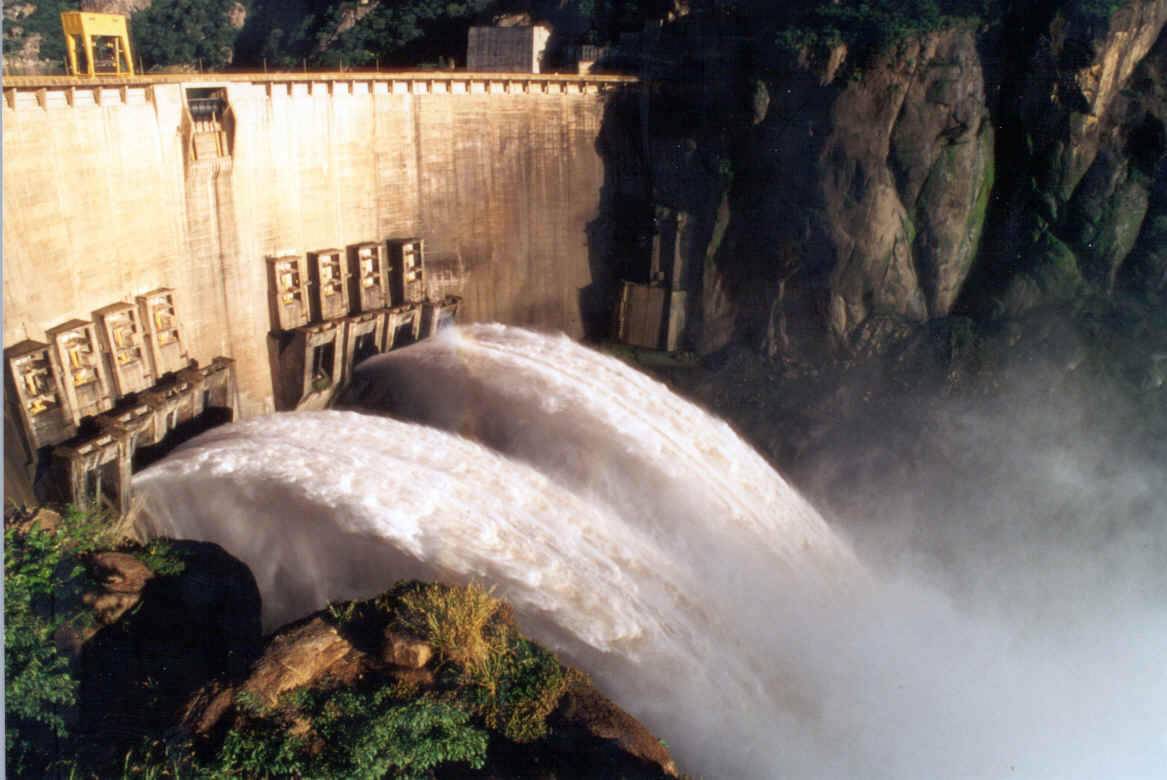
Mozambique plans to end half a century of hydropower supply to Eskom, South Africa’s state-owned electricity utility, raising risks for the continent’s most industrialised economy and threatening the viability of Africa’s second-biggest aluminium smelter.
In the country’s yet-to-be published energy transition strategy, a copy of which Bloomberg has seen, Mozambique details the plan to secure the 1 150MW of power it sells to South Africa from its Cahora Bassa plant for its own use.
READ: 'Light at the end of the tunnel as load shedding implemented to save diesel' - Ramokgopa
The document reads:
Mozambique’s energy ministry didn’t respond to a request for comment.
The decision creates a headache for both South Africa - which is battling power cuts that are holding back economic growth - and South32, which operates the Mozal aluminium smelter near Mozambique’s capital, Maputo, but uses electricity bought from Eskom.
READ: 'Politically sensitive' Eskom report on power stations' challenges being kept under wraps
South32 needs about 900MW of electricity for Mozal’s output of aluminium, which the company markets as having been made with clean energy.
Because Mozambique’s grid isn’t linked nationally, Mozal — which produced 345 000 tons of aluminium last year — can’t get direct power supply from Cahora Bassa.
Instead, the 2 075MW plant — Africa’s third-biggest for hydropower — sends electricity along 1 400 kilometers of transmission lines to Eskom in South Africa, which then sells power to Mozal.
The sales arrangement has been in place since 1979, when the last of the turbines was completed.
Past disruptions to supply — for example, when violent storms have toppled transmission lines — have worsened power cuts in South Africa.
The Mozambican government strategy document reads:
Mozambique plans to push for its renewable energy to be used in industrial parks to add value to its production of so-called green minerals such as lithium and graphite.
Should the contract not be renewed, Eskom may need to buy power from elsewhere and South32 will need to find another source of electricity, preferably from renewable sources.
That’s so it won’t be subject to European Union taxes on exports under the bloc’s carbon border adjustment mechanism, which levies duties on carbon-intensive goods such as fertilisers, cement, iron, steel and aluminium imported into the bloc.
No Alternative
South32’s supply deal with Eskom expires in 2026. The company has formed a working group with Eskom, HCB and the Mozambican government to extend the contract “as there are no viable alternative suppliers of renewable energy at the necessary scale”, it said in its 2023 sustainable-development report.
While Mozal buys power from Eskom, which produces almost all of its power from coal, there’s no guarantee that it’s the same electricity transmitted from Cahora Bassa.
South32 has also proposed ring-fencing power from South Africa’s sole nuclear plant for its Hillside aluminium smelter in that country.
South32 didn’t respond to a request for further comment.
Mozal is 63.7% owned by South32, 24% held by South Africa’s Industrial Development Corporation, 8.4% owned by Mitsubishi and the Mozambican government holds 3.9%.
Little Benefit
The Mozambican government said in the document:
The Mozal plant employs too few people and benefits to the government in the form of taxes are limited, according to a person familiar with the government’s thinking.
Mozal employs about 1 000 people, accounts for 4% of Mozambique’s gross domestic product and paid $16 million in royalties and dividends to the government in South32’s last financial year, the company said in its sustainability report.
Eskom said it’s pursuing the option of importing power from other sources. The utility scrapped a plan to import an additional 100MW of electricity from Mozambique recently because of disagreements over price.




 Publications
Publications
 Partners
Partners









